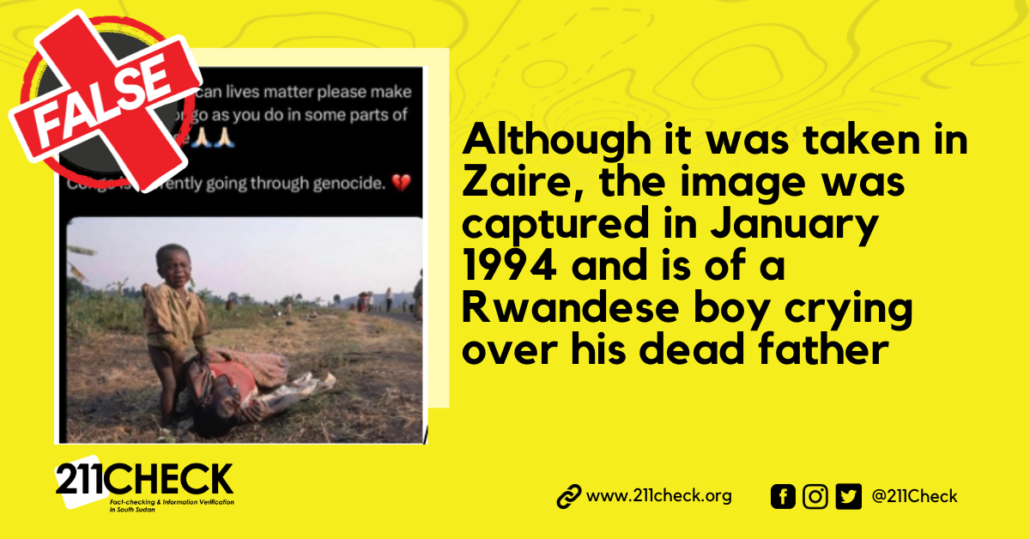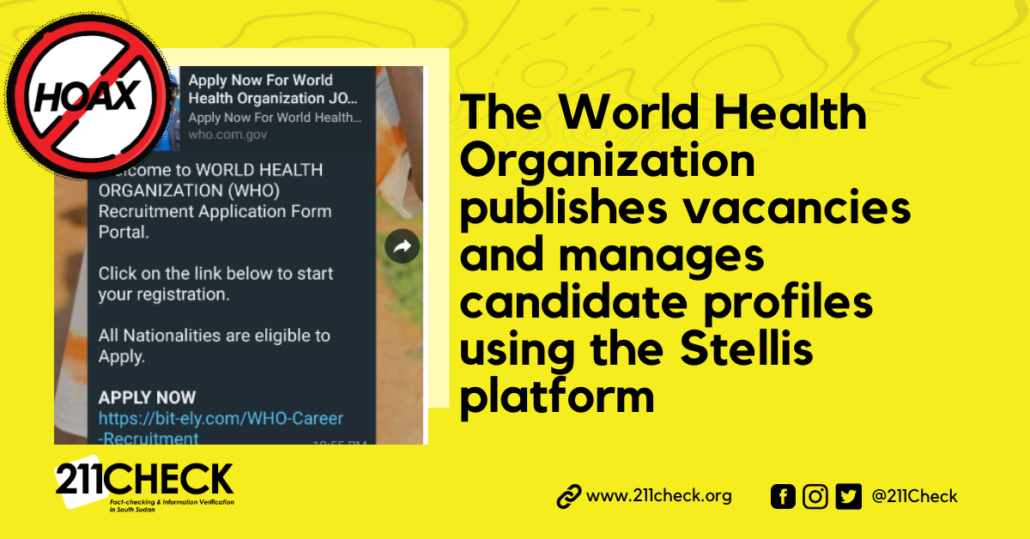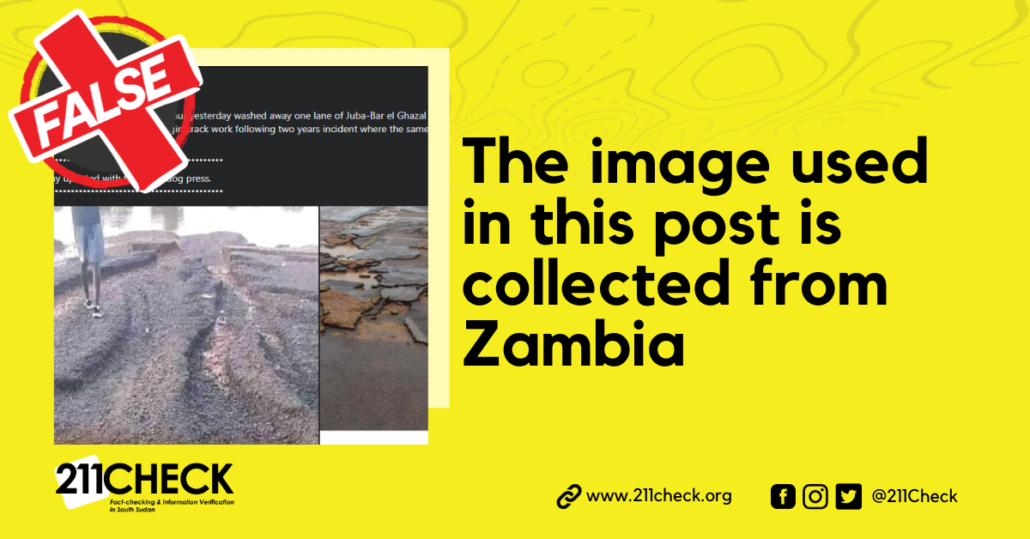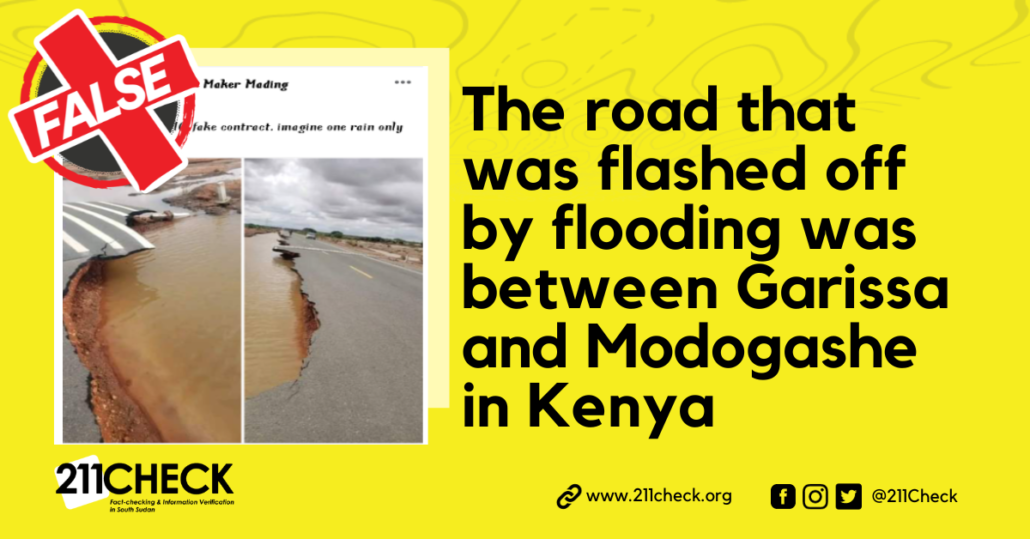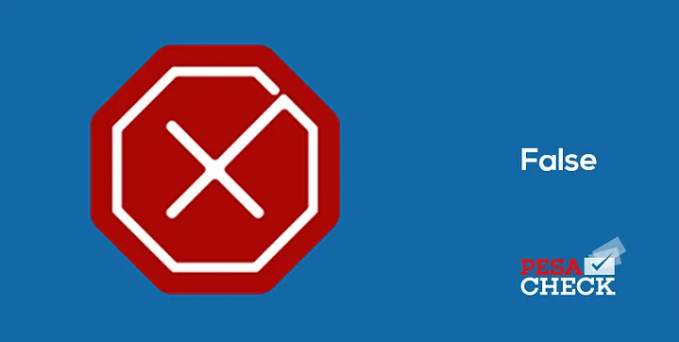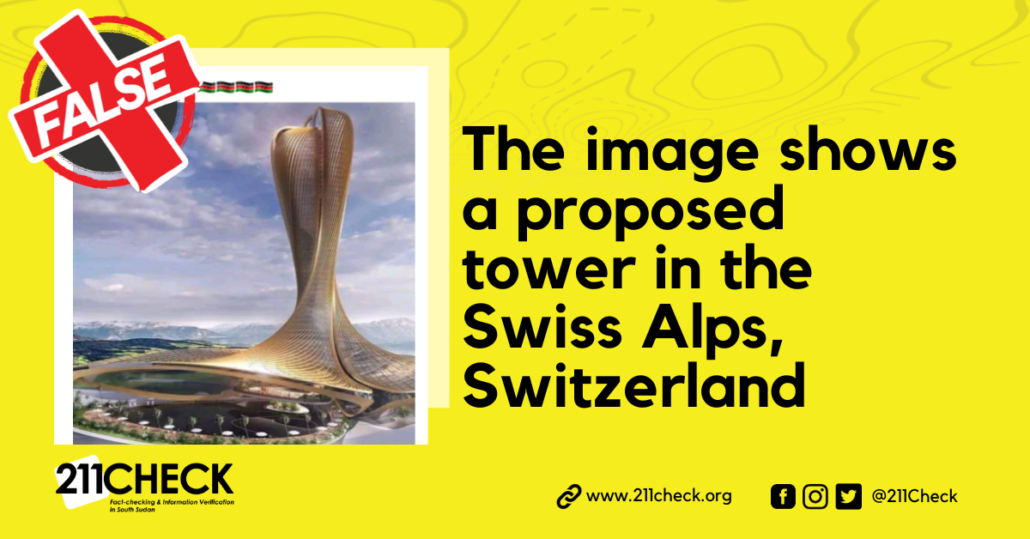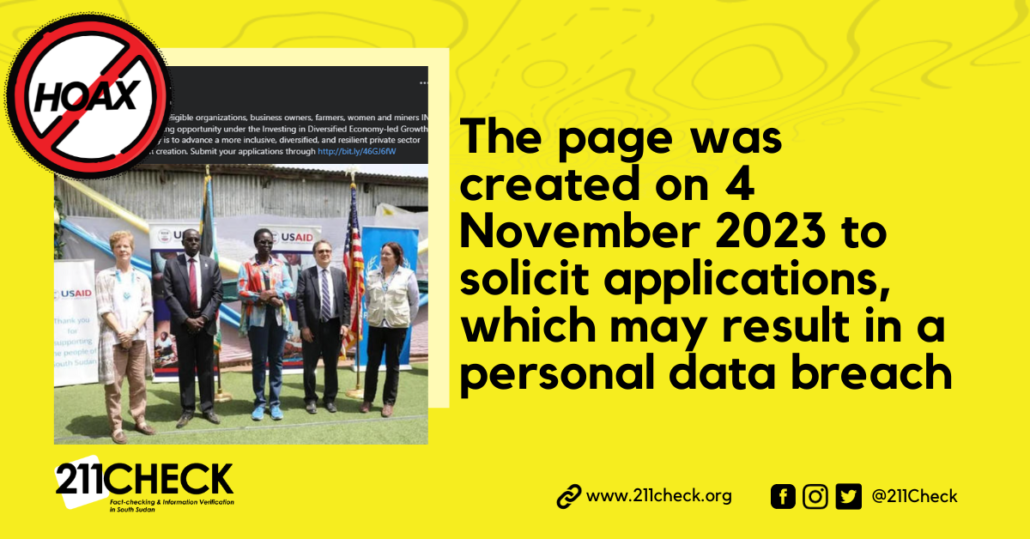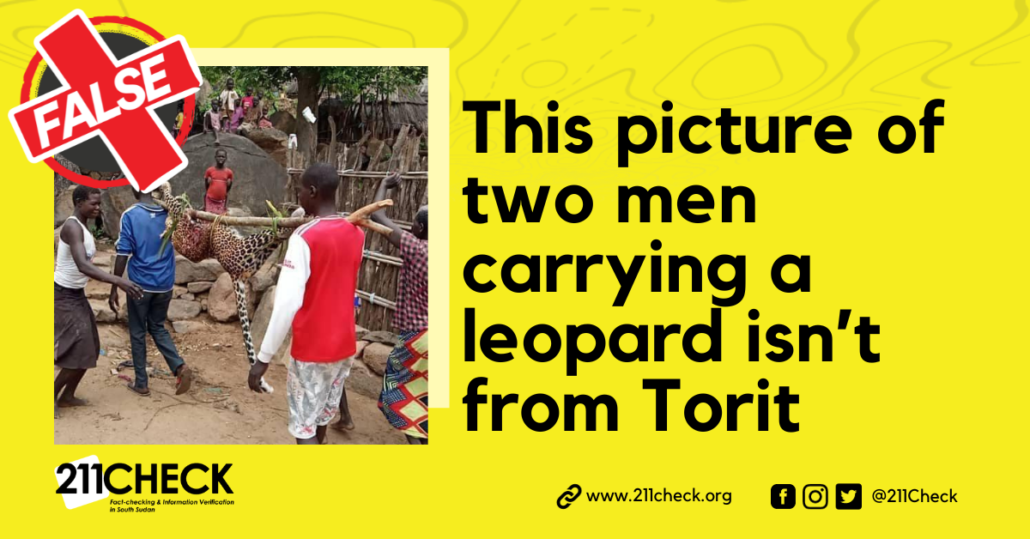Fact-check: Is this picture related to the situation in Congo in 2023?
No, although it was taken in Zaire, the image was captured in January 1994 and is of a Rwandese boy crying over his dead father.
Writer: Jibi Moses
An image circulating on WhatsApp depicting a boy appearing to cry while holding onto an individual lying on the ground, purportedly illustrating the situation in Congo in 2023, is misleading.
The picture, which was first spotted on WhatsApp as a screenshot, has been shared on other platforms, such as Instagram.
Dear World…..African lives matter please make noice about Congo as you do in some parts of the world. Congo is currently going through genocide
The screenshot of the image as shared on the WhatsApp group
It has also been shared here and here.
Claim Verification:
211 Check carried out an image reverse search of the image on Yandex and found that the same image has been on social media before 2023.
The results show that Getty Images posted the image with the description indicating it was captured on January 1, 1994, and credited it to American photographer Peter Turnley.
Getty Images’ photo was titled: ‘Boy Crying over His Dead Father’s Body’
Screenshot of the part of the post as used by Getty Images
Screenshot of the details of the picture on Getty Images
The search results for the image on Bing.com also brought up several times the image had been used in the past, such as in 2006, 2011, and 2015.
Additionally, the same picture was wrongly used by a Zimbabwean outlet but was fact-checked by Fact-CheckZw as not true. The fact-check also linked to a 2012 interview with Turnley, which used a different angle of the photo under investigation.
Congo conflict 2023:
The DR Congo has been experiencing conflict, mainly in the eastern parts of the country, said to be perpetuated by armed groups. Despite the fact that there are ongoing conflicts in DR Congo orchestrated by militia groups, this picture is not an accurate representation of current events.
Conclusion:
211 Check has found that the picture circulating online purporting to show the situation in the Congo is misleading. The picture was taken in 1994, when a boy was pictured crying over the dead body of his father.
This fact check was published by 211 Check with technical support from Code for Africa’s PesaCheck newsdesk through the African Fact-Checking Alliance (AFCA).
To ensure accuracy and transparency, we at 211 Check welcome corrections from our readers. If you spot an error in this article, please request a correction using this form. Our team will review your request and make the necessary corrections immediately, if any.
It’s vital to fight misinformation and disinformation in the media by avoiding fake news. Don’t share content you’re uncertain about. False information can harm and mislead people, risking their lives—Fact-check before sharing. For more details, visit https://211check.org/ or message us on WhatsApp at +211 917 298 255. #FactsMatter

